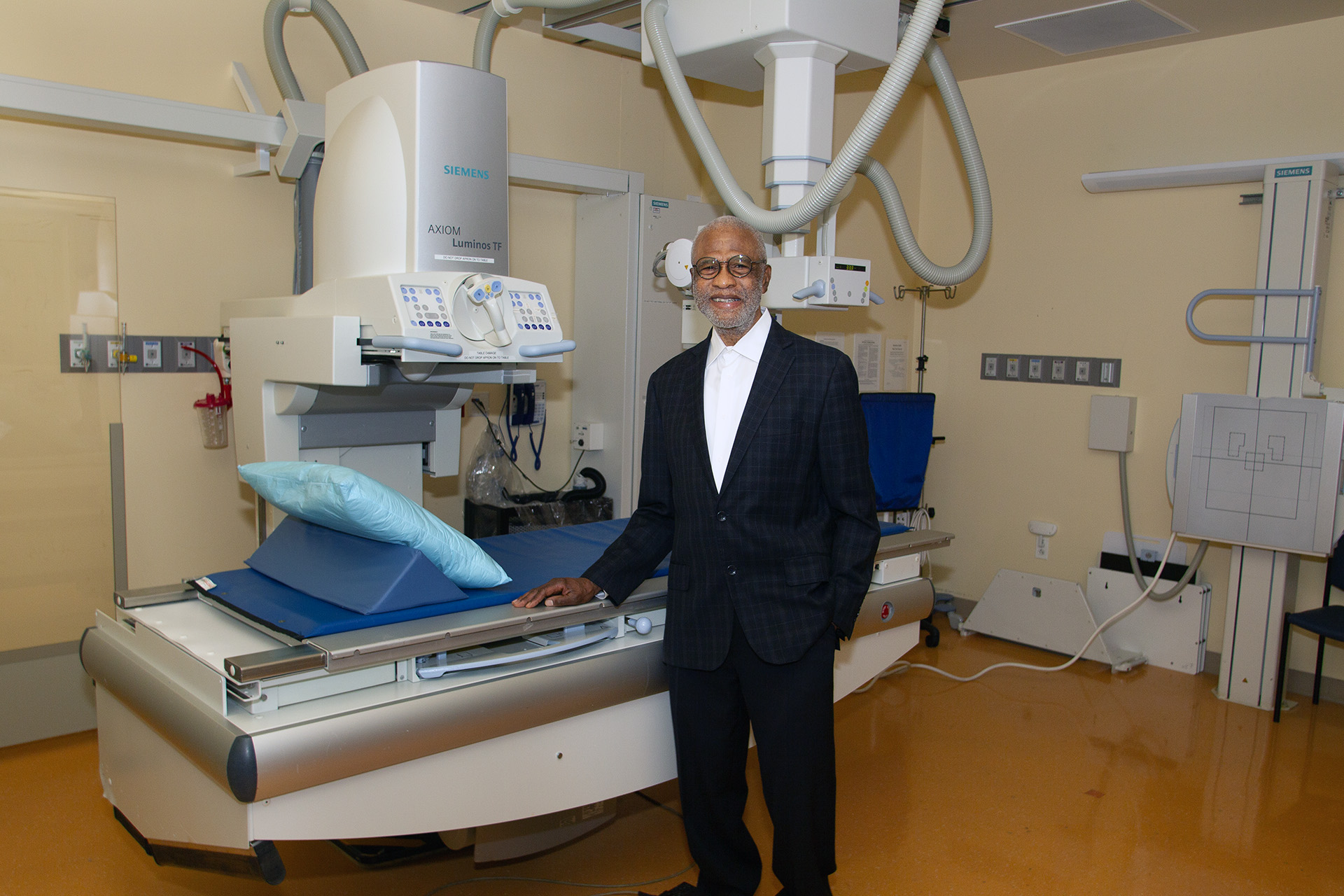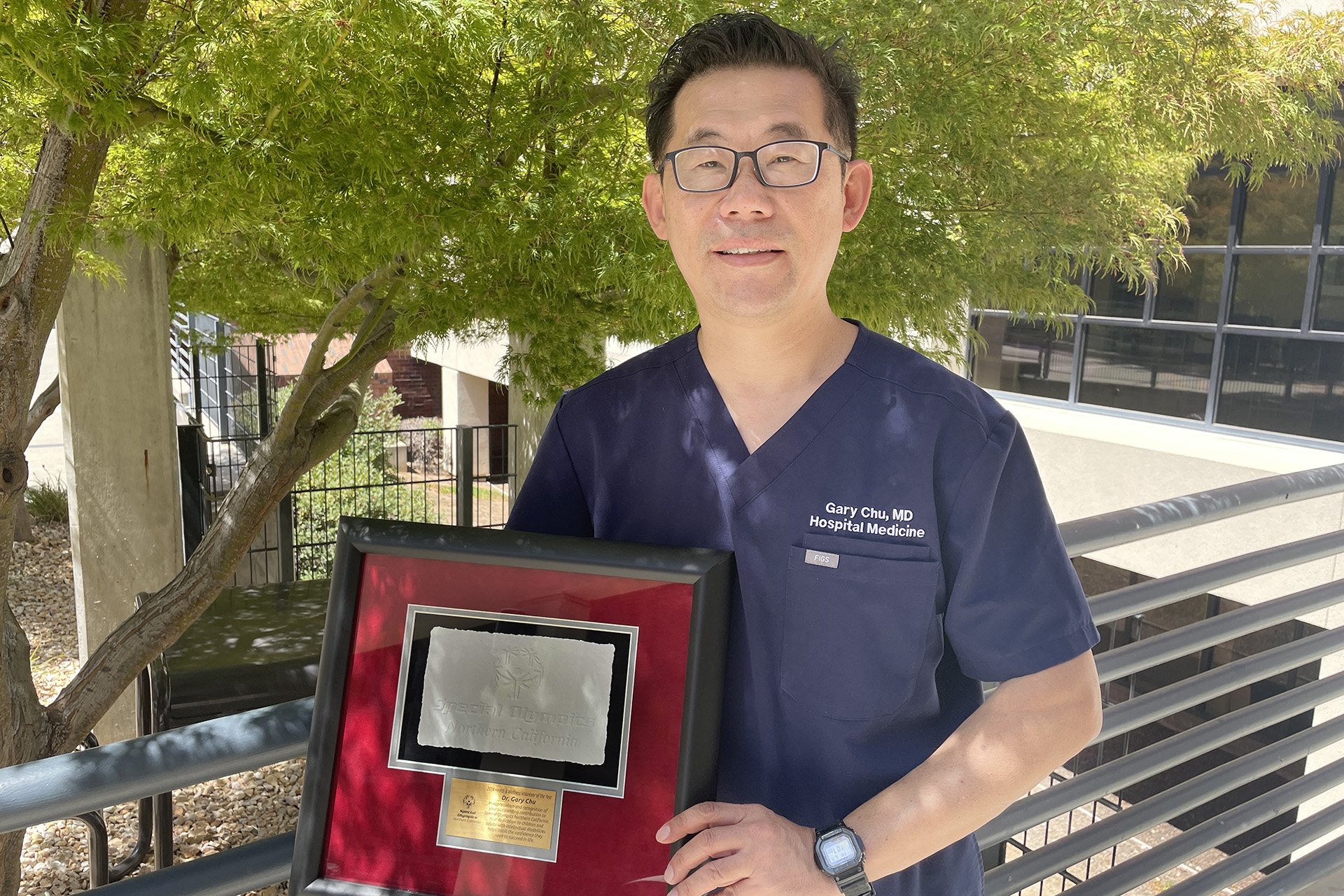Shree Chanchani is a busy ob-gyn at the Kaiser Permanente Oakland Medical Center.
Even so, she has volunteered for 13 years in Rwanda. In the East African country, she and her team perform fistula repair surgeries, train local surgical teams, and strengthen safe, obstetric care practices. This year, she plans to go in October.
Obstetric fistula is a devastating childbirth injury that occurs when prolonged, obstructed labor — without timely access to a cesarean section — creates a hole between the birth canal and the bladder or rectum. As a result, women suffer from continual leakage of urine or stool, which often leads to severe physical, social, and emotional consequences.
For Dr. Chanchani, the work she does in Rwanda is a constant reminder that many throughout the world, especially those in underserved communities, have limited access to quality health care.
“Fistula is a health issue and a human rights issue,” she said. “No woman should suffer lifelong disability from childbirth.”

With limited access to emergency obstetric care, many women in Rwanda endure long, obstructed labors that cause preventable injuries, including obstetric fistula.
“Although Rwanda has made tremendous progress, there’s still a shortage of surgeons who are trained to provide safe cesarean section delivery and complex pelvic repairs,” noted Dr. Chanchani, who is also a professor who teaches global health at the Kaiser Permanente School of Medicine in Pasadena.
Dr. Chanchani’s passion for improving global health outcomes started when she was in medical school. That’s when she recognized the significance of the smallpox vaccine she received while living with her grandparents in India.
“I learned about the eradication of smallpox,” she said. “At that point, the scar on my arm became an important reminder that there are people who care about the lives of small children — even in a poor country like India. That was my first introduction to global health.”
Many hands make a difference
According to Dr. Chanchani, many women with fistula in Rwanda are stigmatized, isolated, and ostracized.
She works with the International Organization for Women’s Development, a nonprofit that partners with Rwandan hospitals and the Rwandan Ministry of Health.
Dr. Chanchani encourages everyone to find a way to volunteer in their community. She says that volunteering doesn’t have to be spending months away from home. There are plenty of ways to get involved to create stronger and healthier communities.
“Working in Rwanda has profoundly changed me,” she said. “It has reminded me again and again that equity in health is not just a professional aspiration — it’s a moral imperative. I’ve learned to never underestimate the resilience of women.”




